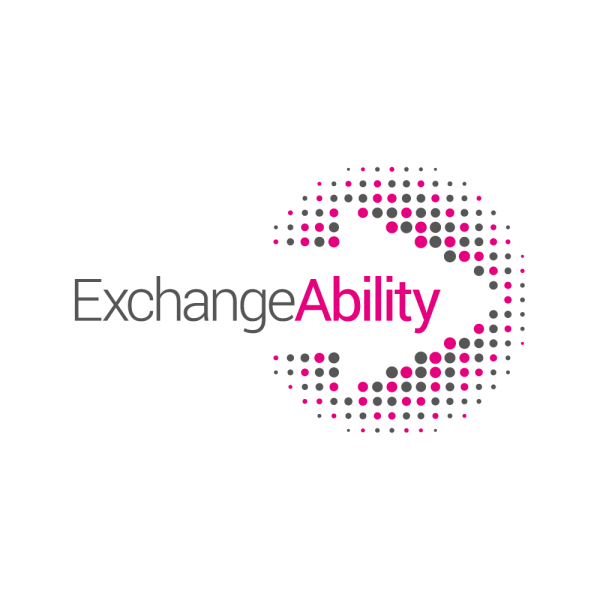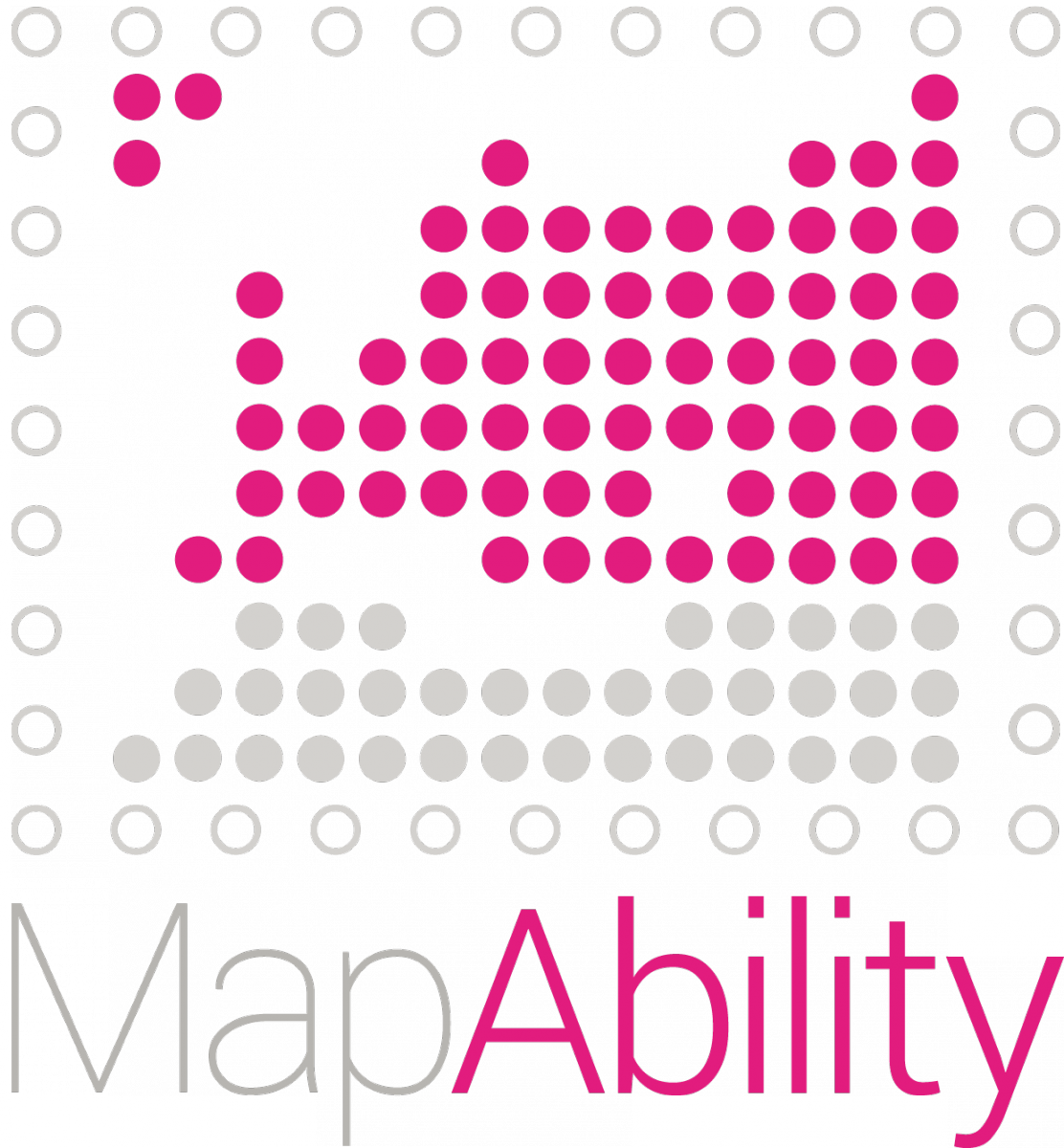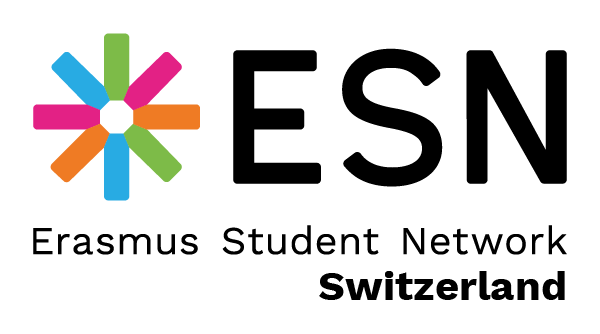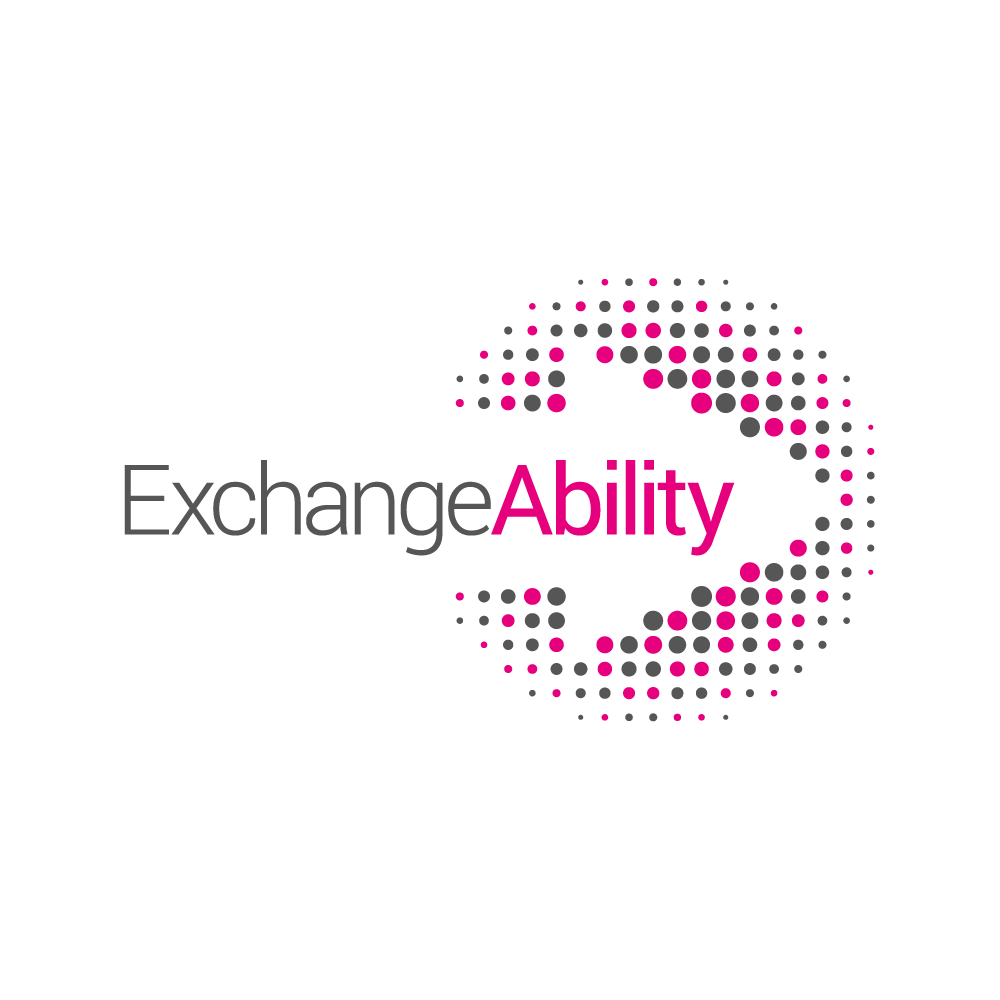Going to study abroad for a period of time is a challenging time for young people, as they are facing an unfamiliar environment, a new language and culture to name but a few things. In addition, it can be more even more difficult for students with disabilities who may face inaccessible environments or disability-related stereotypes. As recognition of such challenges, ESN developed the ExchangeAbility project to make our organisation accessible for students with disabilities, to help remove obstacles to participation in exchange and promote the opportunities available.
The ExchangeAbility project was also initiated due to a recognition of the current situation regarding the mobility of students with disabilities. According to the data from the European Commission, during the academic year 2009/10 230 students with special needs receiving a supplementary grant participated in Erasmus for study. This represents 0.14 % of all Erasmus students. Although an increase compared to the previous years has been observed, the number is still exceptionally low.
Download the ExchangeAbility Booklet here.
 Aims of the project
Aims of the project
The project has dual aims that can be summarised as:
- Making ESN a more accessible association for disabled students at all the levels of its activities. This means that ESN wants to provide the conditions and opportunities for the disabled students to actively be involved in the work with international students and therefore to benefit from the exchange programmes at their home universities.
- Increasing the number of students with disabilities going on exchange. The long-term vision of the project is to promote the opportunities and support offered for students with disabilities to study abroad. Also, ExchangeAbility works with ESN sections, HEIs and organisations that are experts in the field to create the best conditions possible for disabled students during their stay abroad.
What is MapAbility?
MapAbility is a sub-project of ExchangeAbility and it officially started in October 2013. The project aims at mapping the accessibility of European HEIs to students with disabilities and special needs. The project is divided in two phases:
-
A questionnaire has been created and disseminated to ESN local sections to collect information about different specific accessibility criteria.
-
Successively, the data received has been used to create an online map centralising all the necessary information a student with a disability would need before choosing its host University.
What you section can do?
-
Promote mobility to students with disabilities
-
Map university campuses
-
Raise awareness about disability among students without disabilities
-
Train yourself in the field of disability
-
Promote inclusive environment
How the national coordinator can help?
Delphine Bezençon is the Swiss coordinator for ExchangeAbility.
Contact him by e-mail : exchangeability@esn.ch
Or join his team on Facebook : Local ExchangeAbility Coordinators CH group
Partners


Follow us